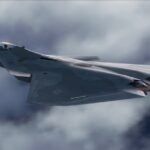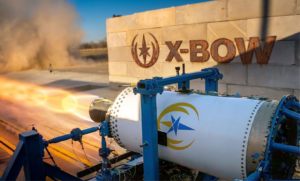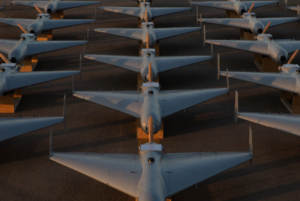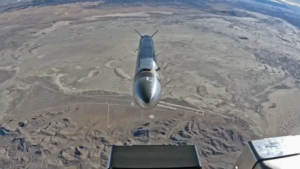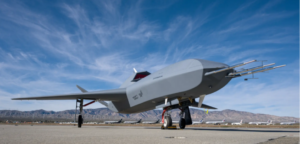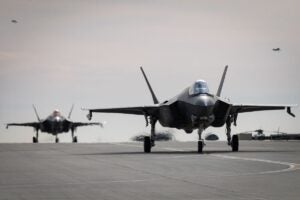Northrop Grumman [NOC] sees the market for unmanned systems starting to “open up” internationally, according to a key executive. Corporate Vice President and CFO Jim Palmer told an audience Feb. 6 at the Cowen Group aerospace conference in New York that the company’s line of Global Hawk unmanned aerial vehicles (UAV) has developed interest among Asia Pacific nations, including reported interest by South Korea. Northrop Grumman received permission from Congress last year to export Global Hawks to South Korea, though company…
Recommended
Trending
Congress Updates
SASC Leaders Criticize Trump’s Defense Strategy, Press Colby On Policy Shifts
Senate Armed Services Committee (SASC) leadership on Tuesday criticized the Trump administration’s new National Defense Strategy (NDS) and pressed the Pentagon’s top policy official to explain the document’s priorities. SASC […]
Wicker Wants Legislation On DoD’s Equity Investments In Minerals Supply Chain
Legislation regarding equity investments by the Defense Department in critical mineral supply chains is needed to strengthen the larger defense industrial base and demonstrate to the “free market” that the […]
“Not Sure How They Get To Where They Wanna Be,” Calvert Says of $1.5 Trillion Defense Topline Proposal
As the federal government enters a third week of tardiness in a fiscal 2027 budget release, a big question is how the Pentagon will be able to spend $500 billion […]
Path Uncertain For $1.5 Trillion FY ‘27 Defense Topline After Trump Casts Doubt On Second Reconciliation Bill
The path to achieve the White House’s call for a $1.5 trillion defense topline in 2027 appears murkier now after President Donald Trump has cast doubt on the prospects of […]
Job Feed
-
Senior/Principal R&D Systems Engineer
Advanced Space Systems, Onsite - Sandia National Laboratories - Albuquerque, NM -
Cleared Senior/Principal R&D Systems Engineer
W87-0/Sentinel Integration, Onsite - Sandia National Laboratories - Livermore, CA -
Early Career R&D Cybersecurity Researcher, Onsite
Sandia National Laboratories - Livermore, CA -
Early Career R&D AI Researcher, Onsite
Sandia National Laboratories - Livermore, CA

